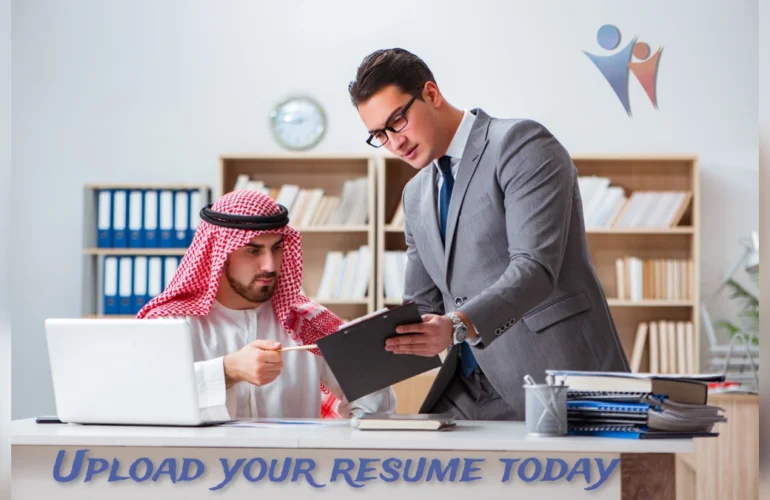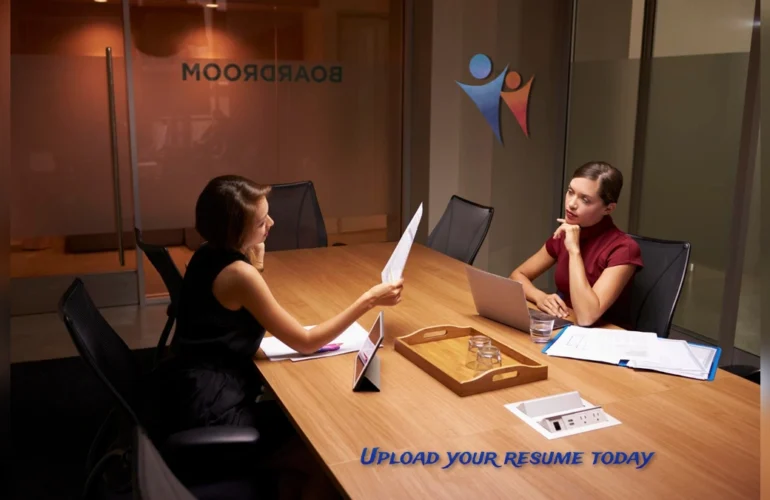Why You’re Not Getting Interview Calls in Qatar (And What to Do About It)
Why You’re Not Getting Interview Calls in Qatar and What to Do About It. In 2025, Qatar’s job market is full of opportunities, but many job seekers are still stuck waiting for that one phone call that never comes. If you’ve been applying to job after job on MahadJobs.com or through agencies, but aren’t getting interviews, you’re not alone.
Not Getting Interview Calls
Here’s the truth: even if you have the right skills and experience, certain mistakes or oversights can silently block your chances. The good news? Most of these problems are fixable. Let’s explore the 10 common reasons you’re not getting interview calls in Qatar — and exactly what you can do to change that starting today.
1. Your Resume Isn’t ATS-friendly
Most companies in Qatar use Applicant Tracking Systems (ATS) to filter resumes before they reach a human. If your CV isn’t formatted properly, it may never get seen.
Not Getting Interview Calls Fix it:
- Avoid fancy templates, tables, or images.
- Use standard section titles: “Work Experience”, “Education”, “Skills.
- Include relevant keywords from the job post (e.g., “HVAC Technician”, “Qatar experience”, “AC maintenance”)
2. You’re Applying to the Wrong Jobs
Applying to every job, regardless of match, often leads to automatic rejection.
Not Getting Interview Calls Fix it:
Only apply for jobs that match your actual skills and experience. For example, if you’re a mason, don’t apply for electrician roles unless you’re certified for both.
3. Incomplete Profiles on Job Portals
Recruiters ignore profiles that are 50% complete or missing key information.
Not Getting Interview Calls Fix it:
On MahadJobs.com:
- Upload your CV, trade certificate, photo, and ID copy
- Fill in past job history and current location
- Add WhatsApp contact if available
4. No Cover Message or Bad English
A blank application or message full of grammar mistakes turns off recruiters.
✅ Fix it:
Write a short, polite cover message in clear English:
“Dear Sir/Madam, I have 4 years of experience as a plumber in UAE and Qatar. I am ready to join immediately. My documents are updated.”
5. Lack of Qatar Experience
Many employers want candidates with local experience, especially in fields like construction, logistics, and hospitality.
Not Getting Interview Calls Fix it:
Mention any GCC experience you’ve had, even if it’s not Qatar. If you’re new to the region, apply to companies that sponsor fresh candidates.
6. Poor Interview Availability
Some job seekers miss calls or don’t answer unknown numbers.
Not Getting Interview Calls Fix it:
Always answer calls professionally, especially if they come from +974 (Qatar) or HR teams. Add your availability and time zone in your profile or CV.
7. Missing or Expired Documents
Employers skip candidates who don’t submit up-to-date resumes:
- Passport copies
- Trade licenses or certificates
- Experience letters
Not Getting Interview Calls Fix it:
Scan and upload clear, current copies of all documents to MahadJobs or email as soon as you’re shortlisted.
8. Not Following Instructions
Some job posts ask for specific steps: emailing, uploading certain documents, or answering a question.
Not Getting Interview Calls Fix it:
Always read job descriptions carefully. If it says “Only apply with Qatar Experience,” don’t apply without it.
9. Your Application Timing
Late applications often go unseen. Many employers close hiring within 24–48 hours of posting.
Not Getting Interview Calls Fix it:
Check job portals daily, and apply within the first 12 hours if possible. Set alerts for new jobs in your category.
10. No Network or Follow-Up
Sometimes, jobs go to candidates referred by current staff or known to recruiters.
Not Getting Interview Calls Fix it:
- Follow MahadJobs’ social media
- Join WhatsApp job groups
- After applying, follow up with a polite message or email after 3–4 days
Final Thoughts: If you’re not getting calls, don’t give up, level up.
Fix your resume. Apply smarter. Make your profile recruiter-ready. The difference between silence and success is often just one adjustment away.
🔗 Apply smarter today on MahadJobs.com
We list verified job opportunities across Qatar in construction, hospitality, security, logistics, healthcare, and more.











